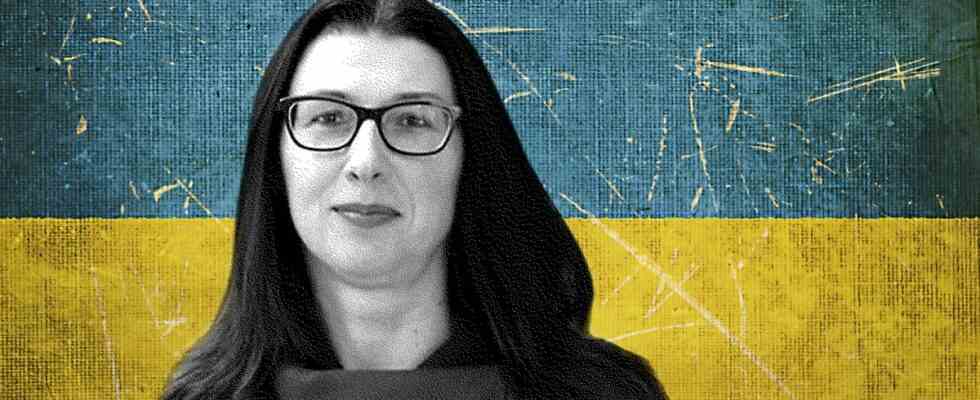My return journey from Germany back to the Ukraine on Saturday begins with a succinct “Train cancelled” on the electronic display. A promising start at 5.15pm in Bremen given that my flight from Memmingen is at 10.05am the next day. After a twenty-minute wait at the travel center, the information is, “Yes, unfortunately your ICE is cancelled. There should be a replacement train, but it’s canceled too.”
A scene that Eugène Ionesco or Samuel Beckett could use immediately for an absurd play, I think, and decide on the only alternative: Two hours later with the ICE 619, arrival in Ulm at 4.40 a.m., enough time to get from Ulm to take a taxi to the airport. If nothing else goes wrong. I have to give up hope of a few hours of rest in the hotel in Ulm. I go back to my Hotel Intercity, luckily only a few meters from the train station. The friendly receptionist allows me to pass the time in the lobby. I treat myself to a caipirinha and chat with friends in Germany, telling them about my adventure. “Oh God, what would it be like if the war were here,” writes my acquaintance from Heilbronn. I have to laugh.
You could call it fundraising, but I’m nothing more than a petitioner
Although Ukraine is at war and was considered a “developing country” even before that, some things are working better or faster. The Internet, for example, or the courier service Nova poschta, who delivers everything – whether it’s a small package or a pallet full of relief supplies – quickly and reliably, right up to the front lines. Or maybe just because it’s war. A lot has to be done very quickly. I’m reviewing the last few days in Germany. Hamburg, Lübeck, Bremen, three Hanseatic cities in five days, I used to be everywhere several times, including for youth exchanges. I spent many happy hours there with young Ukrainians and German cooperation partners, and hopes for a good future were attached to all projects.
In recent years we have come so far in cultural work that we have also designed and coordinated demanding international projects. Now I’m partly in the role I never wanted: You could call it fundraising, but actually I’m nothing more than a petitioner. I speak from the existential needs and am grateful if someone is willing to support. It’s not about artist residencies or high literary content, it’s about things people need to survive.
This is bitter because we all hoped that the worst post-Soviet times were finally over. Now our country has been thrown back decades. A different kind of fundraising is required, but this activity seems to me to be the most meaningful contribution in our fight against the very special form of what the Pope calls “Russian humanism”.
Raised in the spirit of this “humanism”, the Russian “political elite”, officers and soldiers, employees in the IT and energy sectors as well as “ordinary citizens who do not make decisions and are not interested in politics” are trying by all means to win over the neighboring country to “convert”. My memory of Beckett and Ionesco is not accidental, I have often had to think that we are again in the situation where the language capability needs a revision. Only the vocabulary of the concrete and the factual remains valid. I am very grateful to everyone who listens to me and asks questions – at the Technical University of Lübeck, in the Lions Club Hamburg Moorweide, at the University of Oldenburg, at the festival for cross-border literature “globale°”. Many new acquaintances, many exciting things. A longing for the old normality that overcomes me in the research center for Eastern Europe at the University of Bremen.
At the same time, I notice everything that has to be done at home at the beginning of the week: Five tons of relief supplies that were picked up in Romania on Friday have to be unloaded on Monday morning. The male colleagues are asked by S. in the volunteer chat to let us know who can come. The Skeiron company from Lviv starts the digital registration of the building ensemble of the university, our Unesco cultural heritage. I have to respond to three requests for aid deliveries to the communities because these are primarily my contacts. A pair of binoculars for a colleague’s husband was procured by S.’s acquaintance. The family from Zaporizhia is expecting me for lunch. So they are now, my days at war.
When I’m back in the station hall shortly after 7 p.m., I breathe a sigh of relief: The ad promises a delay of only five minutes. My return journey is saved, I hope.
Read more episodes of this column here.

